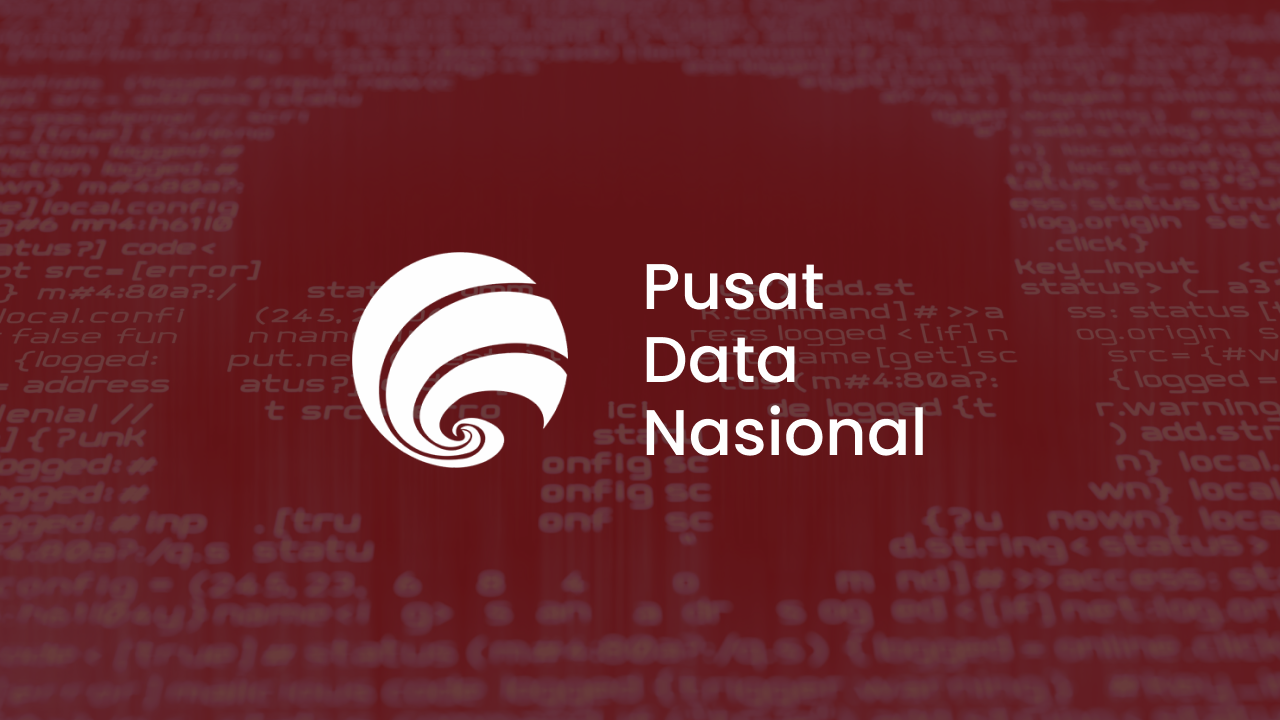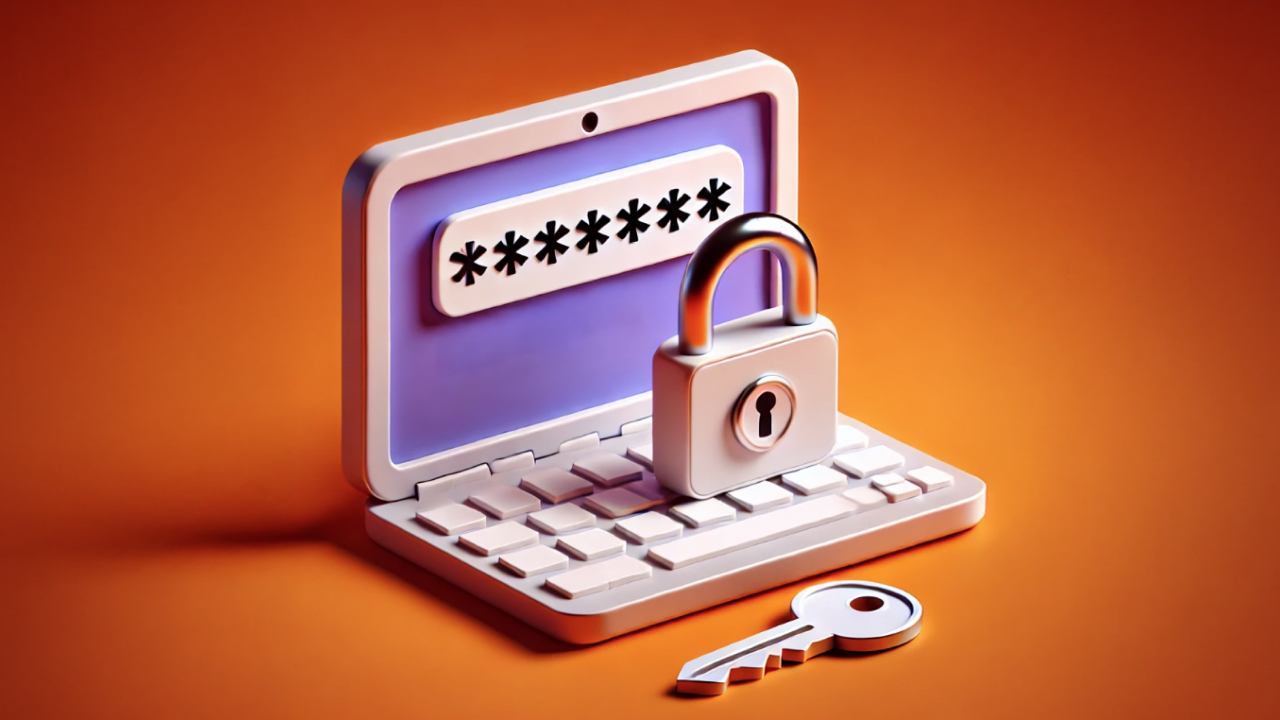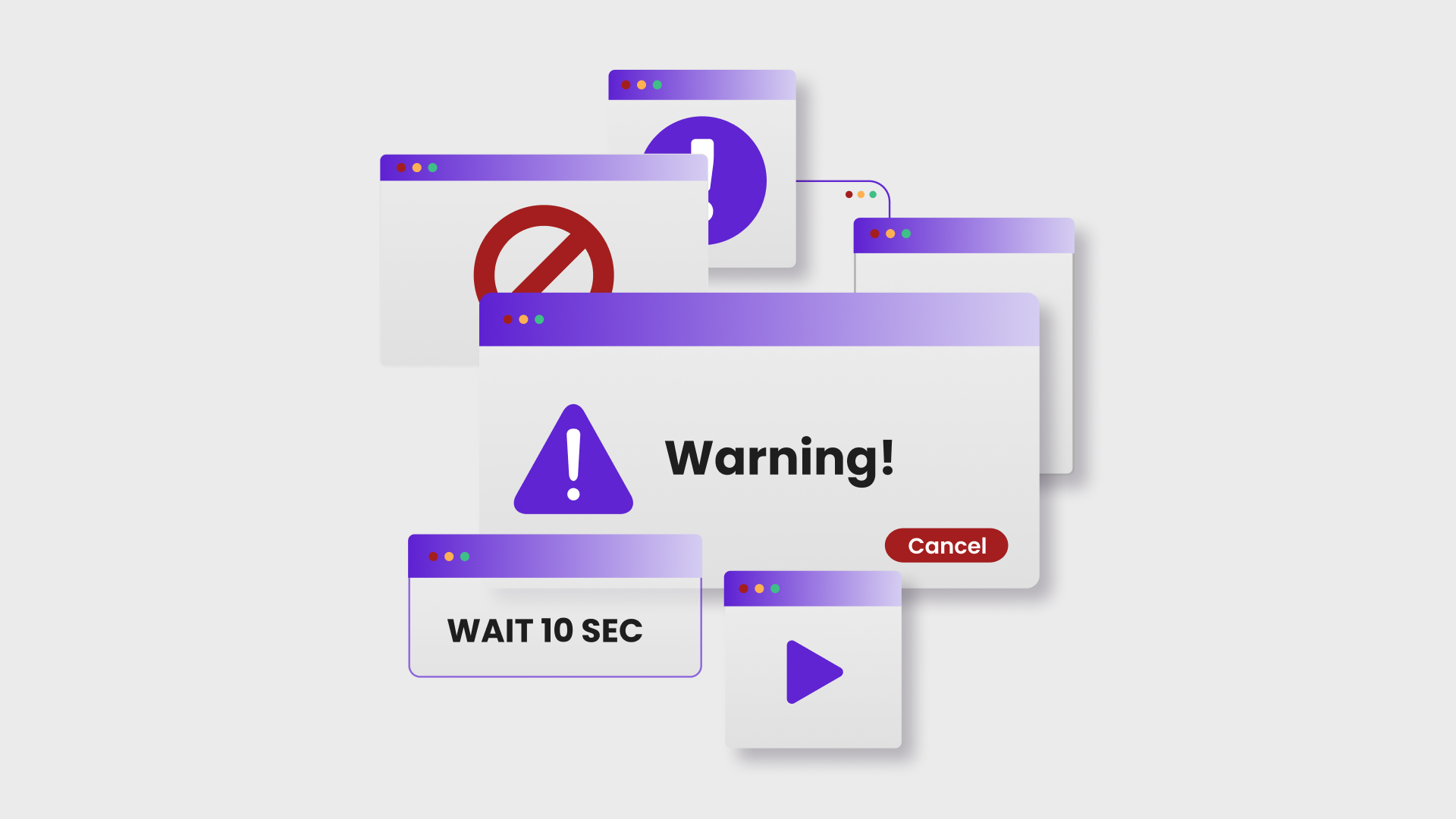By Patricia A. Pramono • Studio 1080, Published on August 23, 2024
TABLE OF CONTENTS
In January 2024, one of Indonesia's largest transportation companies became the target of a sophisticated ransomware attack. For an entire week, the company remained unaware that its systems had been breached, giving hackers ample time to infiltrate, exfiltrate, and potentially sell sensitive data.This incident highlights the alarming vulnerability even large corporations face in today’s cyber threat landscape, where no organization, no matter how big or established, is safe from ransomware.
But what exactly is ransomware? Ransomware is a type of malicious software designed to block access to a computer system or data, usually by encrypting the files. The attackers then demand a ransom from the victim to restore access. Often, the ransom is requested in cryptocurrencies, making it harder to trace. In more advanced cases, hackers not only lock the systems but also threaten to release sensitive data publicly if the ransom is not paid. Ransomware attacks have been on the rise globally, targeting businesses of all sizes, government institutions, and even individuals. The stakes are high, with companies potentially losing millions in ransom payments, operational downtime, and data breaches.
Also read: Understanding Malware Threats
How Easy It Is to Fall Victim
The attack in question started with the ransomware group STORMOUS, known for targeting large institutions. They managed to penetrate the company’s internal network by exploiting weak points in the Virtual Private Network (VPN), using stolen employee credentials that were either acquired through phishing schemes or purchased from other hackers. Once inside, the attackers navigated the company's systems unnoticed, accessing dashboards, warehouses, and network access points. Sensitive data, including employee and customer information, tax records, corporate documents, and even Geographic Information System (GIS) data, were downloaded, with no immediate detection from the company (VOI) (Cyber Defense Insight) (VOI).
This delay in recognizing the breach, which lasted a full week, gave the attackers ample opportunity to siphon off critical data. By the time the company noticed something was wrong, the damage had already been done—thousands of employee and customer credentials had been stolen, and the company’s sensitive internal information was now at risk of being sold on the dark web.
The Cost of Not Having Proactive Cybersecurity Measures
In the aftermath of the breach, the company scrambled to take action, including deleting the compromised VPN portal from its website. However, as cybersecurity experts pointed out, the actions were too little, too late. The damage had already been done, and the company now faces the daunting task of securing its compromised systems and rebuilding trust with its customers and employees (VOI).
This incident underscores the importance of a proactive approach to cybersecurity. Relying on reactive measures—such as responding only after a breach has been detected—can have devastating consequences. The delay in detection not only allowed hackers to gather sensitive data but also opened the door for them to install backdoors that could be used for future attacks.
The Solution to Ransomware Attacks
This case serves as a reminder of the need for companies to invest in proactive cybersecurity measures, such as a well-managed Security Operations Center (SOC). An SOC provides round-the-clock monitoring, not only detecting breaches in real-time but also anticipating and preventing them before they escalate into full-blown incidents.
If said transportation company had a robust SOC in place, the ransomware group’s activity might have been detected at the very beginning. Continuous monitoring would have flagged suspicious behavior as soon as the hackers attempted to access the company’s systems. With proper threat intelligence and response protocols, an SOC can mitigate the impact of a breach, taking immediate action to shut down the intrusion before any sensitive data is exfiltrated.
Preventing Future Breaches
In today's evolving threat landscape, cybersecurity can no longer be viewed as a secondary concern or an add-on to a company’s operations. It must be a core focus, integrated into every aspect of the organization’s digital strategy. Implementing an SOC provides companies with the proactive defense they need to combat increasingly sophisticated cyber threats, ensuring that breaches like the one faced by this major transportation provider are detected and neutralized before they can cause irreparable harm.
For companies looking to secure their digital assets and protect their sensitive data, investing in proactive cybersecurity measures like SOCs is not just a recommendation—it’s a necessity. Book a schedule with our team today to find out more on how we can work together to achieve a robust cyber defense for your organization.
References:
Data Penumpang dan Karyawan PT KAI Diduga Bocor, Ahli Ungkap Modusnya
Ahli Siber Ungkap Kronologi Geng Ransomware Jebol Sistem KAI
PT KAI Indonesia Suffers Major Cyber Attack from STORMOUS, Data Breach Feared
Allegedly Hit By Ransomware Attack, PT. KAI Still Investigating Investigation Results






